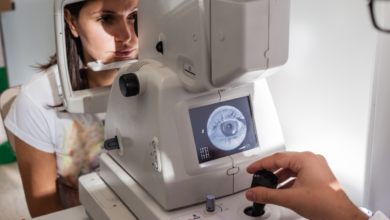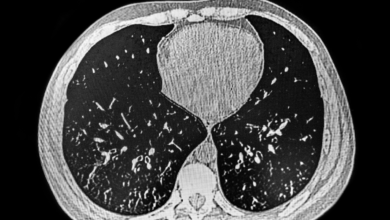Skin Rashes

What is Skin Rashes?
Skin rashes are a common skin condition characterized by patches of discolored or irritated skin. They can appear in various forms, from mild redness to severe blistering. Rashes can be caused by a variety of factors, including allergies, infections, medications, and underlying medical conditions.
what are the symptoms of Skin Rashes?
Symptoms of Skin Rashes
The symptoms of skin rashes can vary depending on the underlying cause, but common symptoms may include:
- Redness
- Itching
- Scaling
- Blistering
- Pain
- Dryness
- Swelling
who can suffer from Skin Rashes?
Anyone can develop skin rashes, regardless of age or gender. However, certain factors may increase the risk, such as:
- Allergies: People with allergies to food, medications, or environmental factors are more prone to rashes.
- Infections: Viral, bacterial, or fungal infections can cause skin rashes.
- Medical conditions: Certain medical conditions, such as eczema, psoriasis, and lupus, can lead to skin rashes.
- Medications: Some medications can cause skin rashes as a side effect.
What are the types of Skin Rashes?
Types of Skin Rashes
There are many different types of skin rashes, each with its own unique characteristics. Some common types include:
- Eczema: A chronic skin condition characterized by dry, itchy, and inflamed skin.
- Psoriasis: A chronic autoimmune condition that causes red, scaly patches on the skin.
- Rosacea: A skin condition that causes redness and visible blood vessels in the face.
- Hives: A type of allergic reaction that causes raised, itchy welts on the skin.
- Contact dermatitis: A skin rash caused by contact with irritants or allergens.
- Fungal infections: Infections caused by fungi, such as athlete’s foot or ringworm.
Which diagnostic tests are available for Skin Rashes ?
Diagnostic Tests for Skin Rashes
To determine the underlying cause of a skin rash, your doctor may perform one or more of the following tests:
- Physical examination: Your doctor will examine your skin and ask about your symptoms.
- Patch test: This test is used to identify allergens that may be causing a contact dermatitis.
- Skin biopsy: A small sample of skin tissue may be taken for laboratory analysis.
- Blood tests: Blood tests may be used to check for infections or underlying medical conditions.
What is the treatment of Skin Rashes?
Treatment for Skin Rashes
The treatment for skin rashes will depend on the underlying cause. However, common treatments may include:
- Topical medications: Creams or ointments can help relieve itching, inflammation, and dryness.
- Oral medications: In some cases, oral medications may be necessary to treat infections or underlying medical conditions.
- Lifestyle changes: Avoiding irritants, moisturizing the skin regularly, and managing stress can help prevent and treat skin rashes.
Which diet I should take, if any ?
Diet for Skin Rashes
While there is no specific diet that can cure skin rashes, a healthy diet can help support overall skin health. Eating a balanced diet rich in fruits, vegetables, whole grains, and lean protein can provide essential nutrients for skin repair and function.
Which speciality of the doctor will treat Skin Rashes?
- Dermatologists
Is Skin Rashes completely curable ?
The curability of skin rashes depends on the underlying cause. Some rashes, such as those caused by infections, may be completely curable with appropriate treatment. However, chronic conditions like eczema and psoriasis may require ongoing management.
If you are experiencing a skin rash, it is important to see a dermatologist for a proper diagnosis and treatment plan.





